OpenAI, Condé Nast and the future of the media
Eye-catching new deal for use of content to train chatbots, but other publishers are worried they're signing away their souls
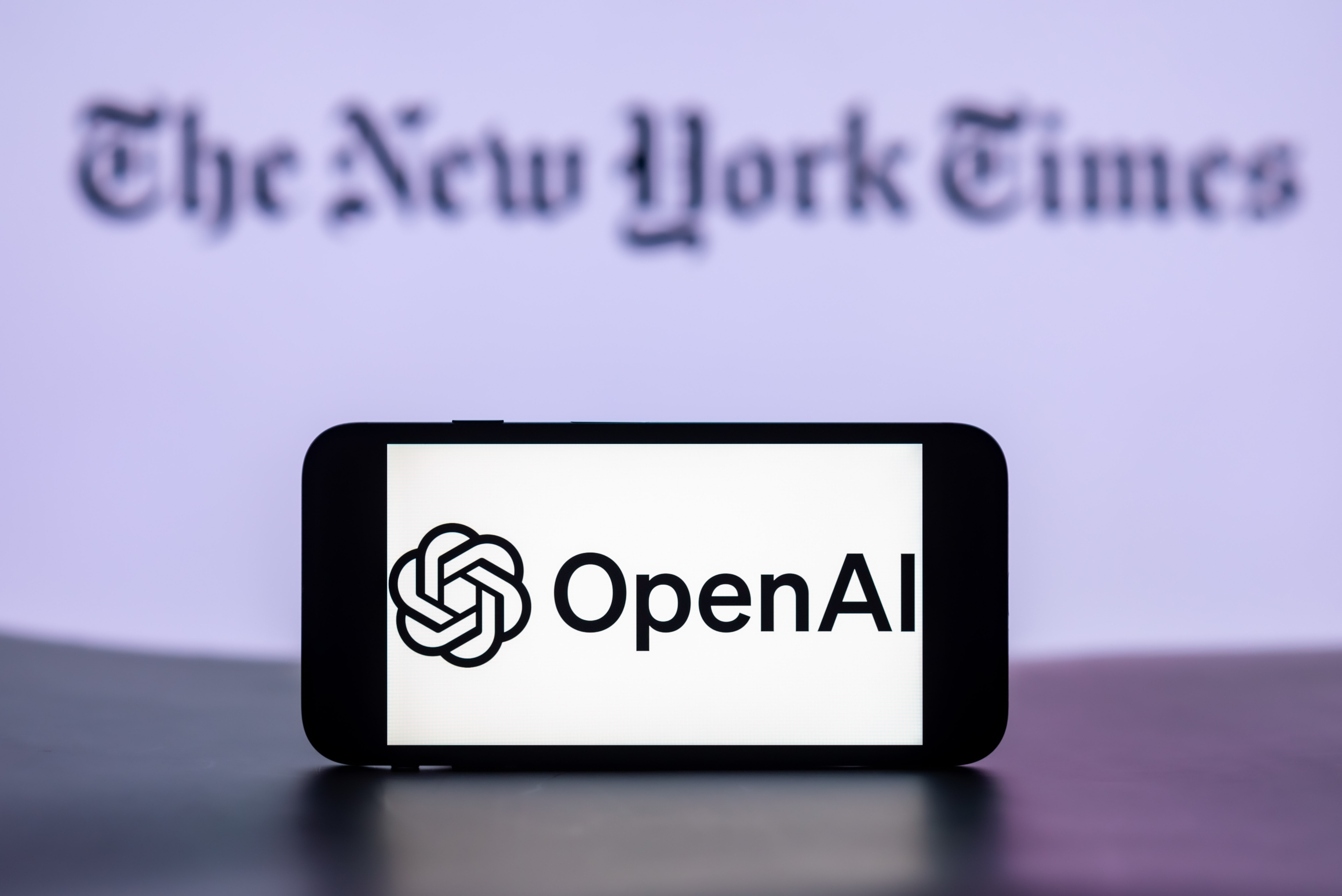
A free daily email with the biggest news stories of the day – and the best features from TheWeek.com
You are now subscribed
Your newsletter sign-up was successful
Magazine publishing giant Condé Nast has signed a deal with OpenAI, the latest tie-up between a major media organisation and the artificial intelligence start-up.
The deal will "expand the reach of Condé Nast's content", CEO Roger Lynch told staff. OpenAI said its products, such as ChatGPT, would be able to use content from Vogue, The New Yorker, GQ, Vanity Fair, Wired and other Condé Nast-owned titles, to give "fast and timely answers with clear and relevant sources", according to its blog post.
Publishers are "increasingly" signing deals with AI companies to license the use of their content, said Press Gazette – despite "early doubts" and the high-profile legal action by The New York Times against OpenAI and its main backer, Microsoft. Such deals "commonly include" access to and use of news publishers' content, with a citation "currently promised". But others are more sceptical, and even litigious.
The Week
Escape your echo chamber. Get the facts behind the news, plus analysis from multiple perspectives.

Sign up for The Week's Free Newsletters
From our morning news briefing to a weekly Good News Newsletter, get the best of The Week delivered directly to your inbox.
From our morning news briefing to a weekly Good News Newsletter, get the best of The Week delivered directly to your inbox.
To sue or to sign
OpenAI "knows that high-quality data matters" in the AI business – and news publishers have "vast amounts of it", said The Guardian. AI labs develop large language models (LLMs), which underpin tools such as ChatGPT, by using "trillions of words" online to train them. This "vital resource" helps LLMs understand text-based prompts and come up with an answer.
But "ravenous" AI models "always need more data". So as AI labs "grow increasingly hungry for reliable, timely, and above all human-written text", the news industry is "assessing how best to react".
In January, The Information reported that OpenAI had offered some organisations "as little as between $1 million and $5 million" a year to train its LLMs on their copyrighted articles. "That's a tiny amount even for small publishers."
However, the deal News Corp signed with OpenAI in May is reportedly worth more than $250 million over five years, according to The Wall Street Journal. That gives access to articles from the WSJ, the New York Post and Barron's, among others.
A free daily email with the biggest news stories of the day – and the best features from TheWeek.com
OpenAI has already signed licensing deals with the US news agency The Associated Press, French newspaper Le Monde, El País owner Prisa Media and Germany's Axel Springer, which publishes the Bild tabloid.
But other news publications and media outlets are "aggressively trying to protect their businesses" from being scraped for AI-generated content, said CNBC. By the end of last year most big publishers, including Reuters, The Guardian and the BBC, were already blocking AI crawlers from scraping their sites, said the Financial Times citing the Reuters Institute for the Study of Journalism.
The New York Times filed a suit against OpenAI and Microsoft in December, claiming intellectual property violation and copyright infringement. Microsoft and OpenAI are accountable for "billions of dollars in statutory and actual damages", according to a filing in New York.
The Center for Investigative Reporting, the oldest nonprofit newsroom in the US, announced a similar suit in June. "OpenAI and Microsoft started vacuuming up our stories to make their product more powerful," said chief executive Monika Bauerlein, "but they never asked for permission or offered compensation."
This "free rider behaviour" violates copyright. If the practice continues, the public's access to the truth will be "limited to AI-generated summaries of a disappearing news landscape".
A deal with the devil?
So what's in it for publishers? When The Atlantic announced a "strategic content and product partnership" with OpenAI in May, chief executive Nicholas Thompson said it would make the reporting "more discoverable" to millions of users.
In June, search engine start-up Perplexity AI launched a revenue-sharing model for publishers. Outlets such as Fortune, Time, Der Spiegel and WordPress.com joined the search chatbot's "Publishers Program", after weeks of accusing it of plagiarism.
The Financial Times has also agreed to license its content to generative AI start-up Prorata.ai, which says it will share 50% of the advertising revenue with publishers when it launches its chatbot this autumn.
This won't pay journalists' salaries, but it at least "establishes an economic model" that publishers "could promote more widely", said Richard Waters in the FT. This is all "still up for grabs", which gives the industry an "important opening".
Many in the media industry "seem to have learned from their painful experience with online gatekeepers such as Google and Facebook". But do publishers have "any better chance of holding on to their audiences and online revenues than they did before?"
Not if history is anything to go by, said Jessica Lessin, the founder of The Information, in The Atlantic. News firms "strike deals to try and ride out the next digital wave", and make "concessions" to platforms that attempt to "take all of the audience (and trust) that great journalism attracts" – without having to do the "complicated and expensive work" of the journalism. "And it never, ever works as planned."
Harriet Marsden is a senior staff writer and podcast panellist for The Week, covering world news and writing the weekly Global Digest newsletter. Before joining the site in 2023, she was a freelance journalist for seven years, working for The Guardian, The Times and The Independent among others, and regularly appearing on radio shows. In 2021, she was awarded the “journalist-at-large” fellowship by the Local Trust charity, and spent a year travelling independently to some of England’s most deprived areas to write about community activism. She has a master’s in international journalism from City University, and has also worked in Bolivia, Colombia and Spain.
-
 El Paso airspace closure tied to FAA-Pentagon standoff
El Paso airspace closure tied to FAA-Pentagon standoffSpeed Read The closure in the Texas border city stemmed from disagreements between the Federal Aviation Administration and Pentagon officials over drone-related tests
-
 Political cartoons for February 12
Political cartoons for February 12Cartoons Thursday's political cartoons include a Pam Bondi performance, Ghislaine Maxwell on tour, and ICE detention facilities
-
 Arcadia: Tom Stoppard’s ‘masterpiece’ makes a ‘triumphant’ return
Arcadia: Tom Stoppard’s ‘masterpiece’ makes a ‘triumphant’ returnThe Week Recommends Carrie Cracknell’s revival at the Old Vic ‘grips like a thriller’
-
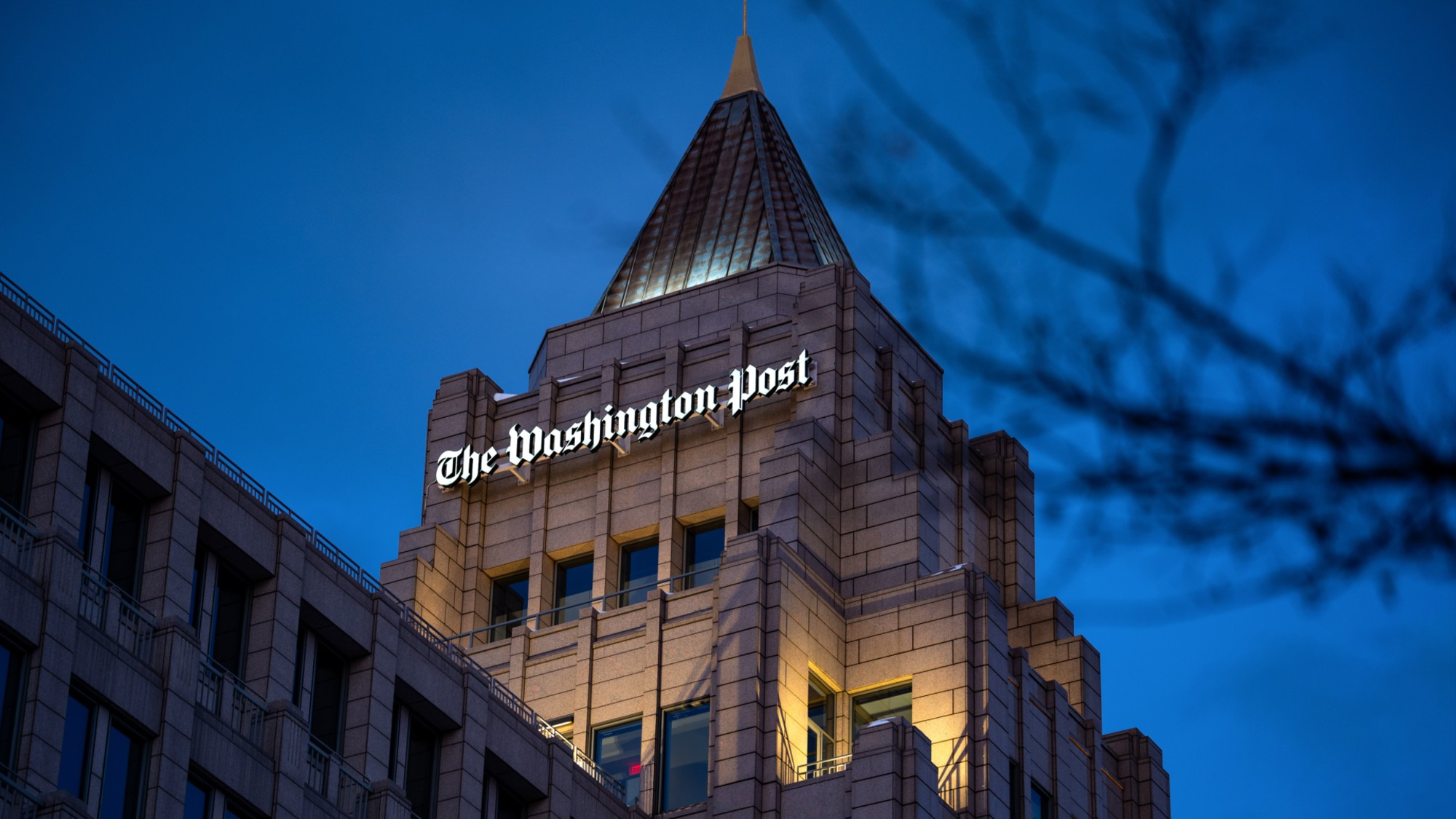 The Washington Post is reshaping its newsroom by laying off hundreds
The Washington Post is reshaping its newsroom by laying off hundredsIn the Spotlight More than 300 journalists were reportedly let go
-
 Why is the Pentagon taking over the military’s independent newspaper?
Why is the Pentagon taking over the military’s independent newspaper?Today’s Big Question Stars and Stripes is published by the Defense Department but is editorially independent
-
 ‘Netflix needs to not just swallow HBO but also emulate it’
‘Netflix needs to not just swallow HBO but also emulate it’instant opinion Opinion, comment and editorials of the day
-
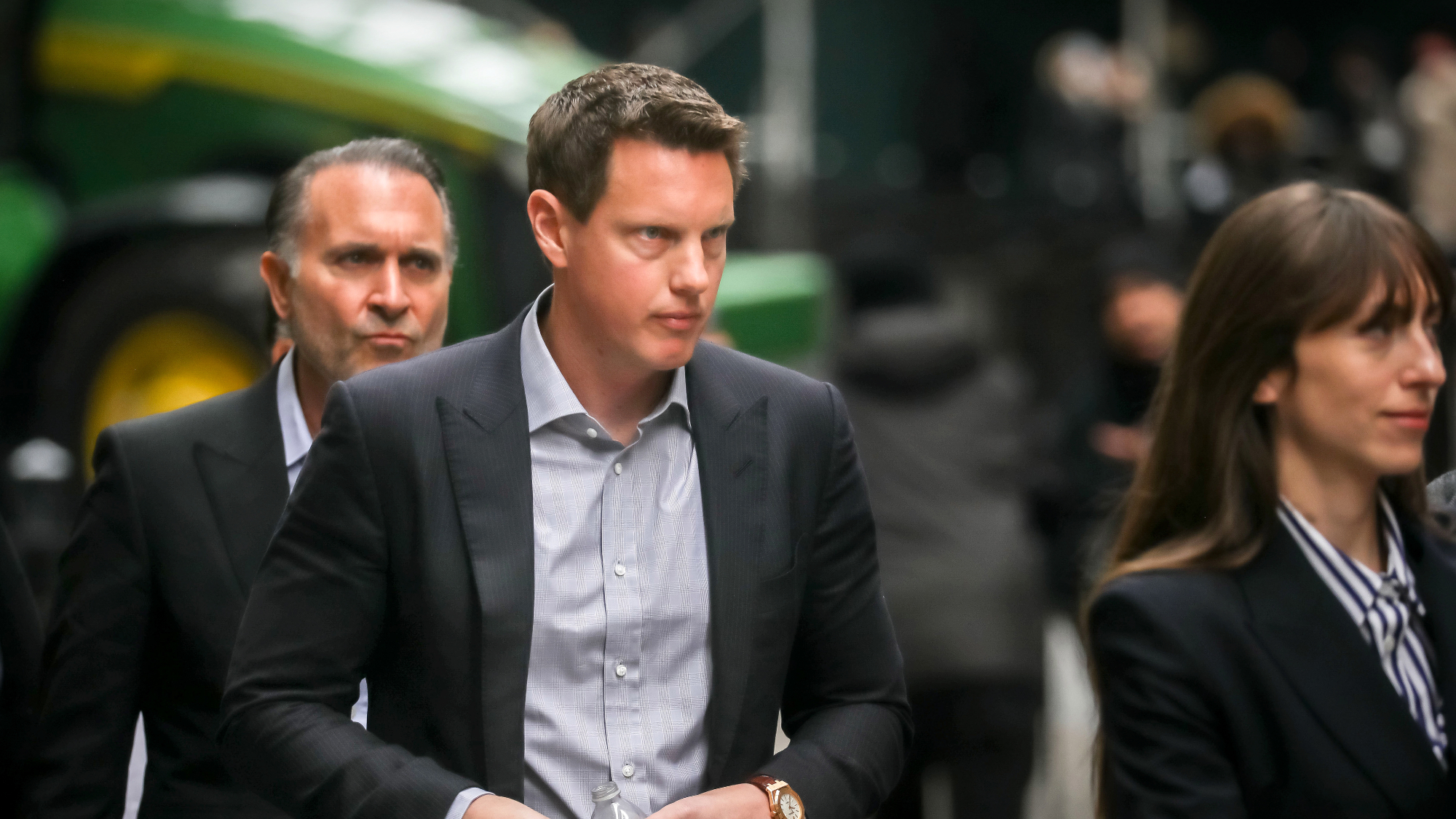 Paramount fights Netflix for Warner as Trump hovers
Paramount fights Netflix for Warner as Trump hoversSpeed Read Paramount Skydance is seeking to undo Netflix’s purchase of Warner Bros. Discovery
-
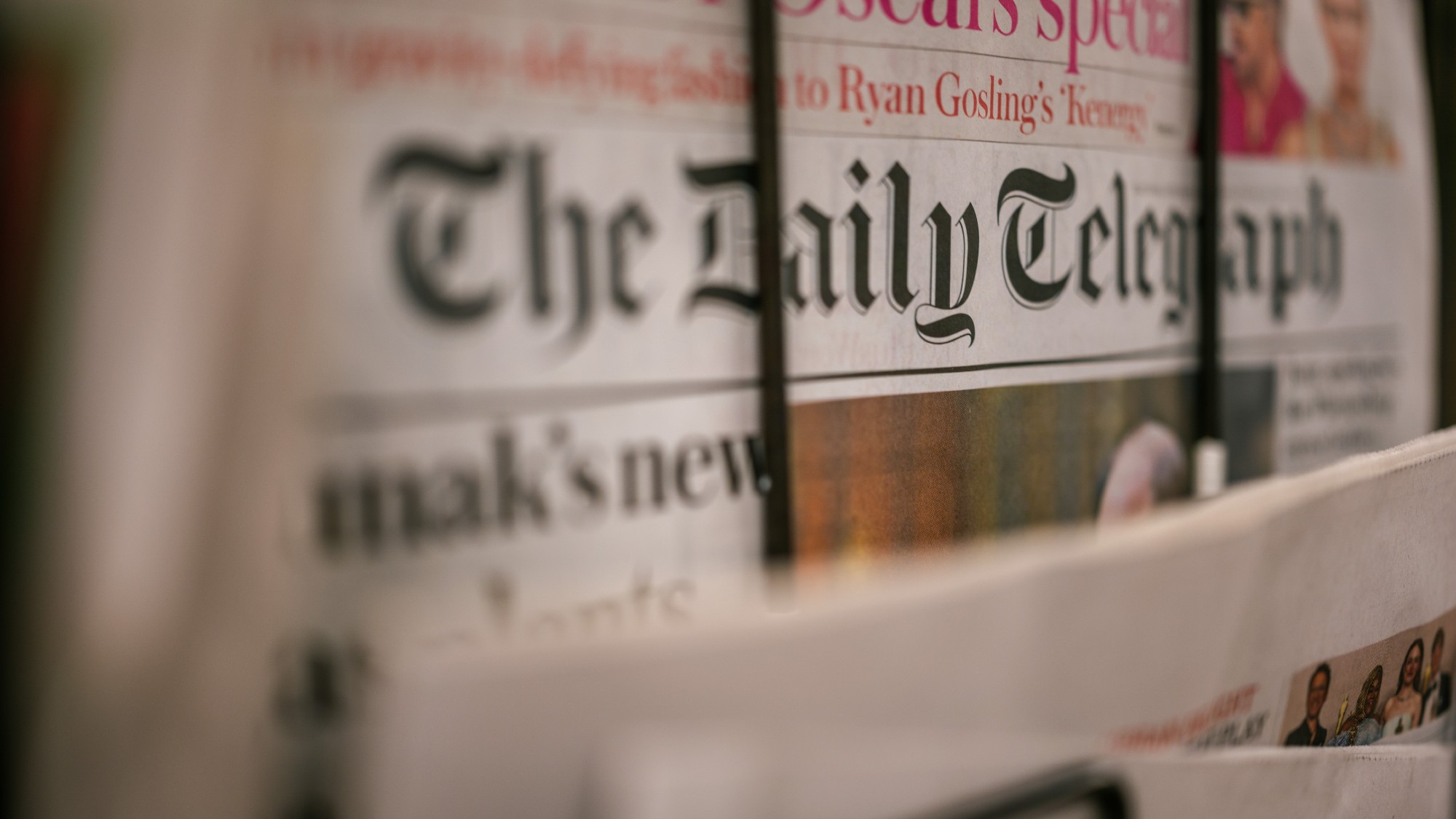 Rothermere’s Telegraph takeover: ‘a right-leaning media powerhouse’
Rothermere’s Telegraph takeover: ‘a right-leaning media powerhouse’Talking Point Deal gives Daily Mail and General Trust more than 50% of circulation in the UK newspaper market
-
 Paramount, Comcast, Netflix bid for WBD
Paramount, Comcast, Netflix bid for WBDSpeed Read The outcome of this bidding war ‘could alter the trajectory of the entertainment business’
-
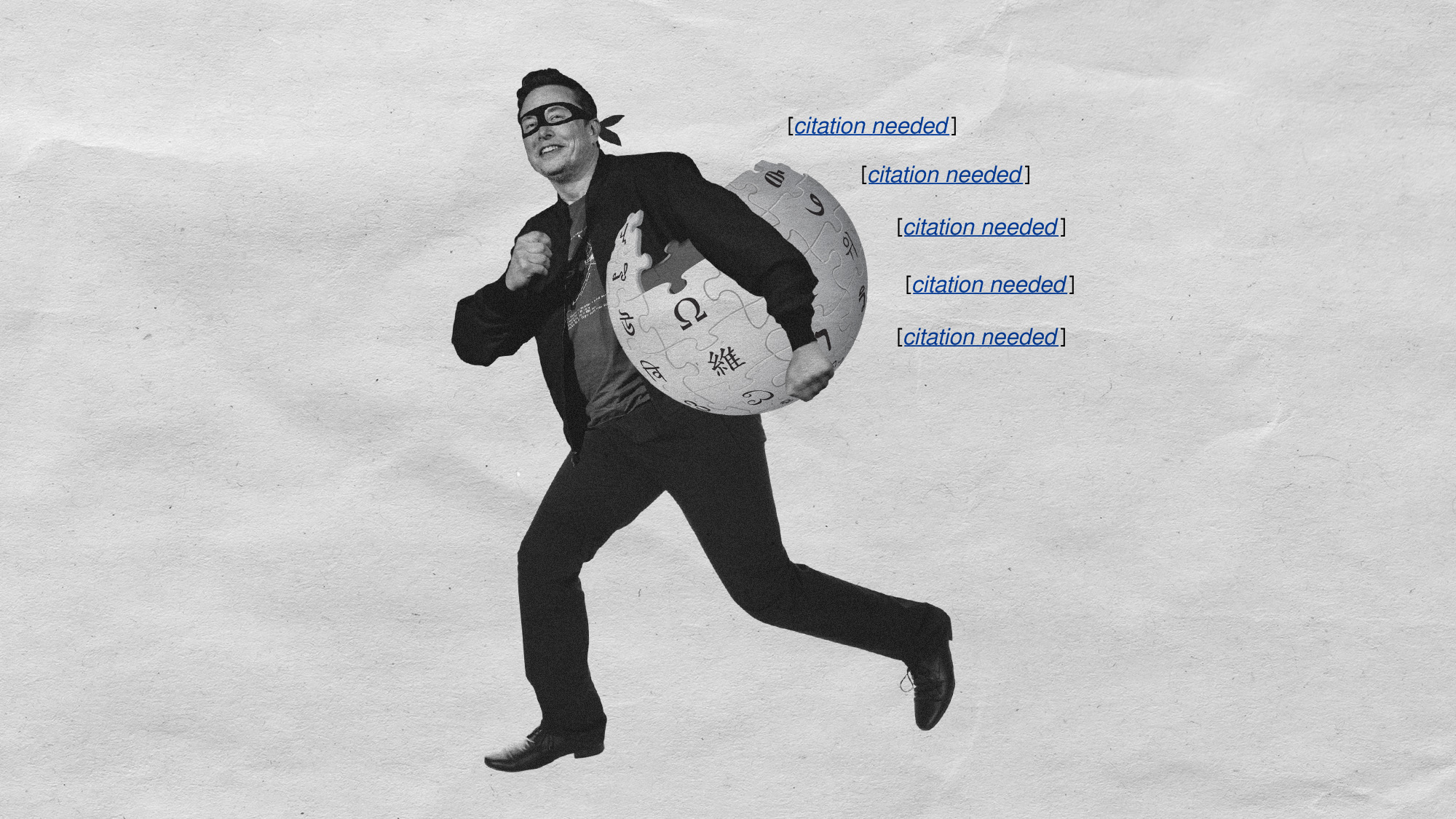 Grokipedia: Elon Musk’s Wikipedia ‘rip-off’
Grokipedia: Elon Musk’s Wikipedia ‘rip-off’Talking Point AI-powered online encyclopaedia seeks to tell a ‘new version of the truth’
-
 How Bari Weiss could change CBS News
How Bari Weiss could change CBS NewsTalking Points Is the network trying to ‘appease’ the president?